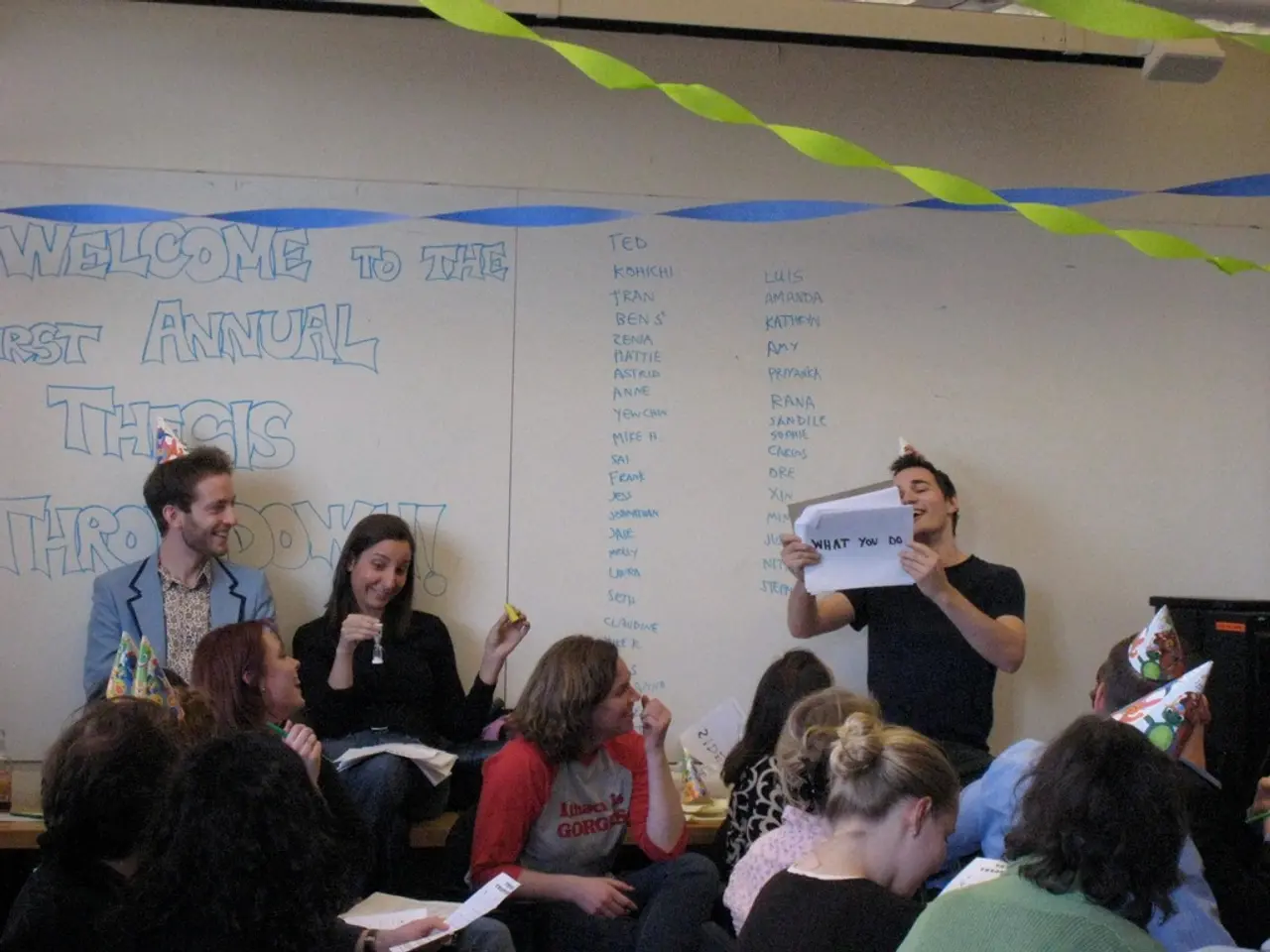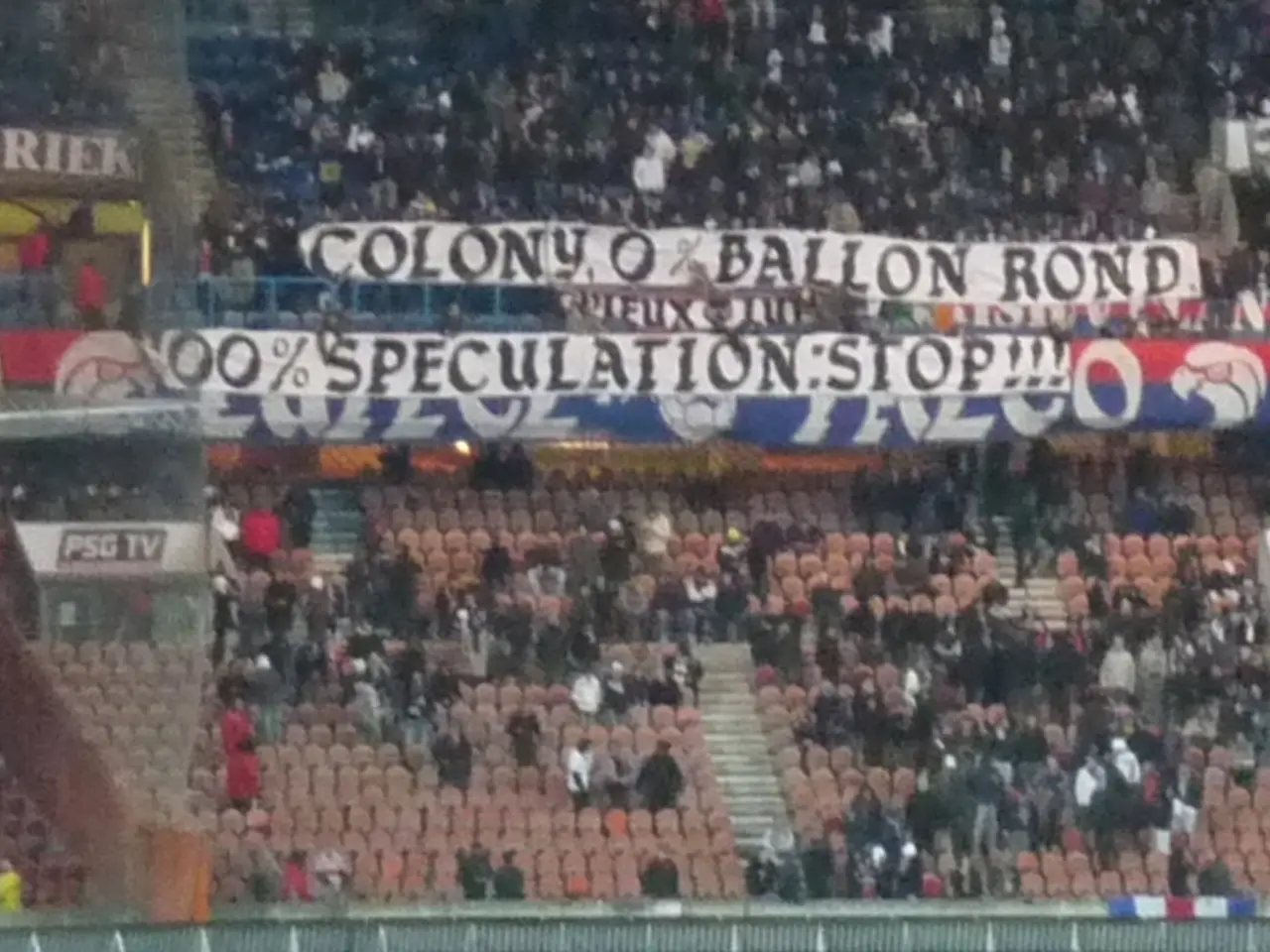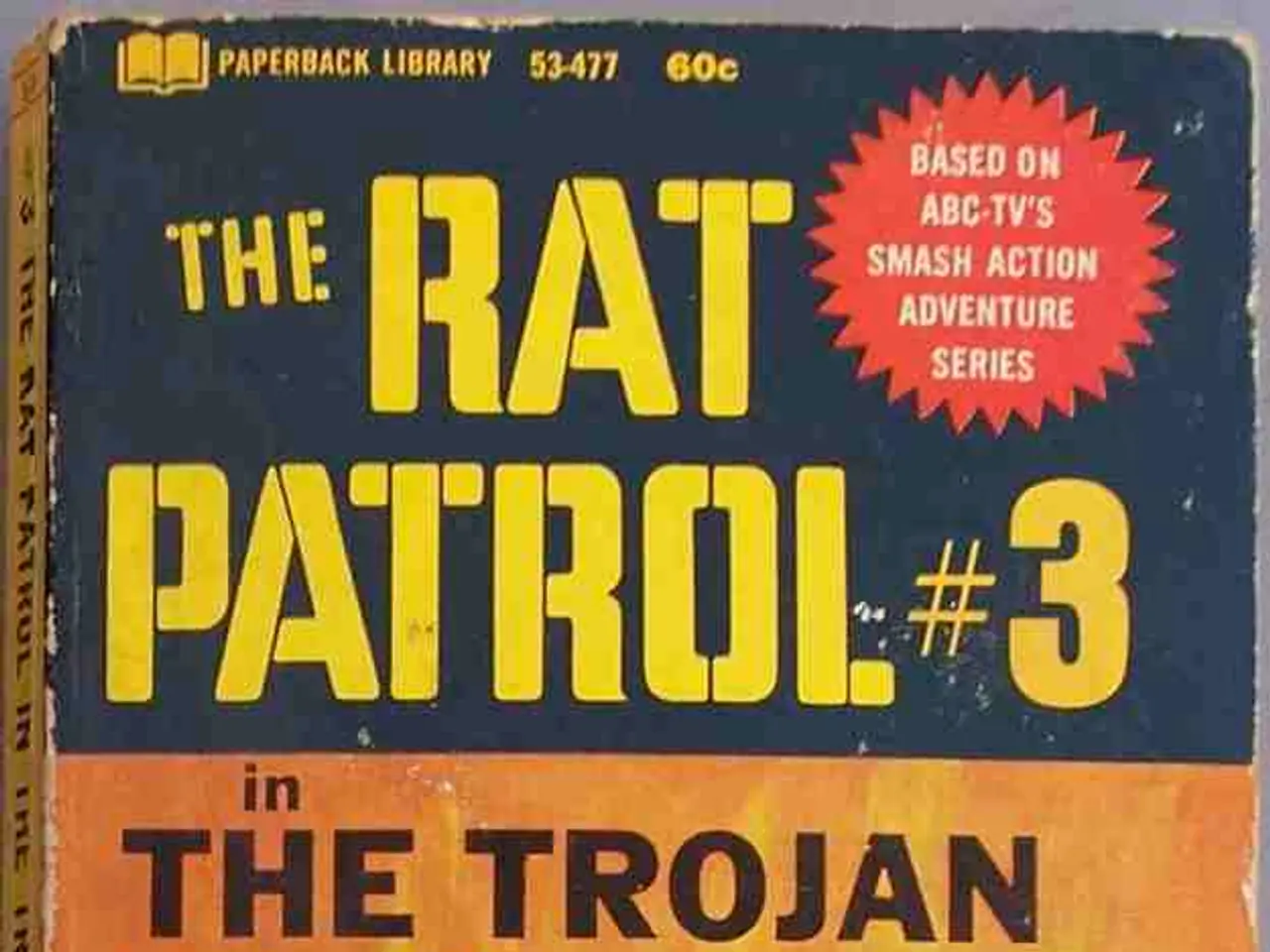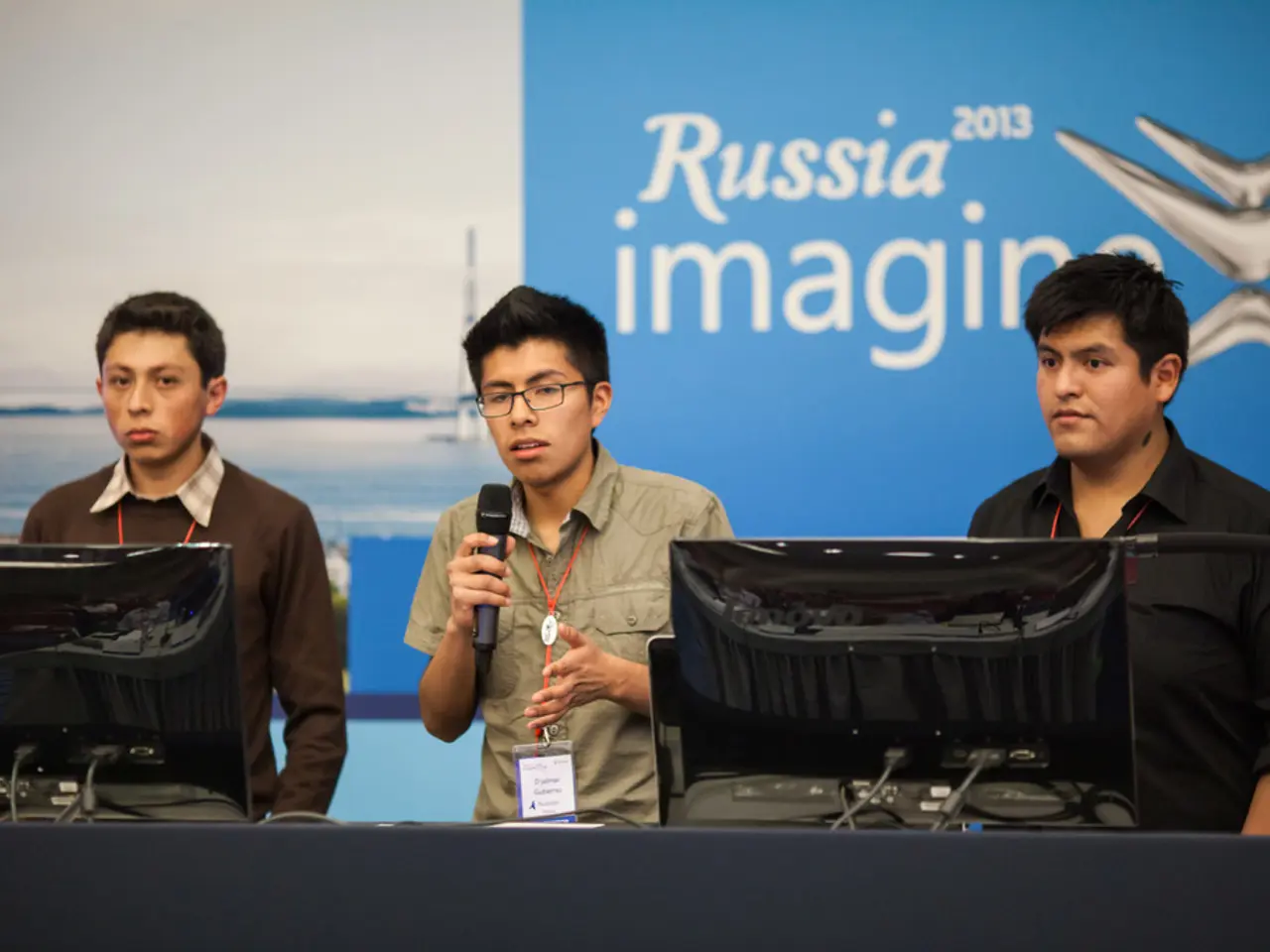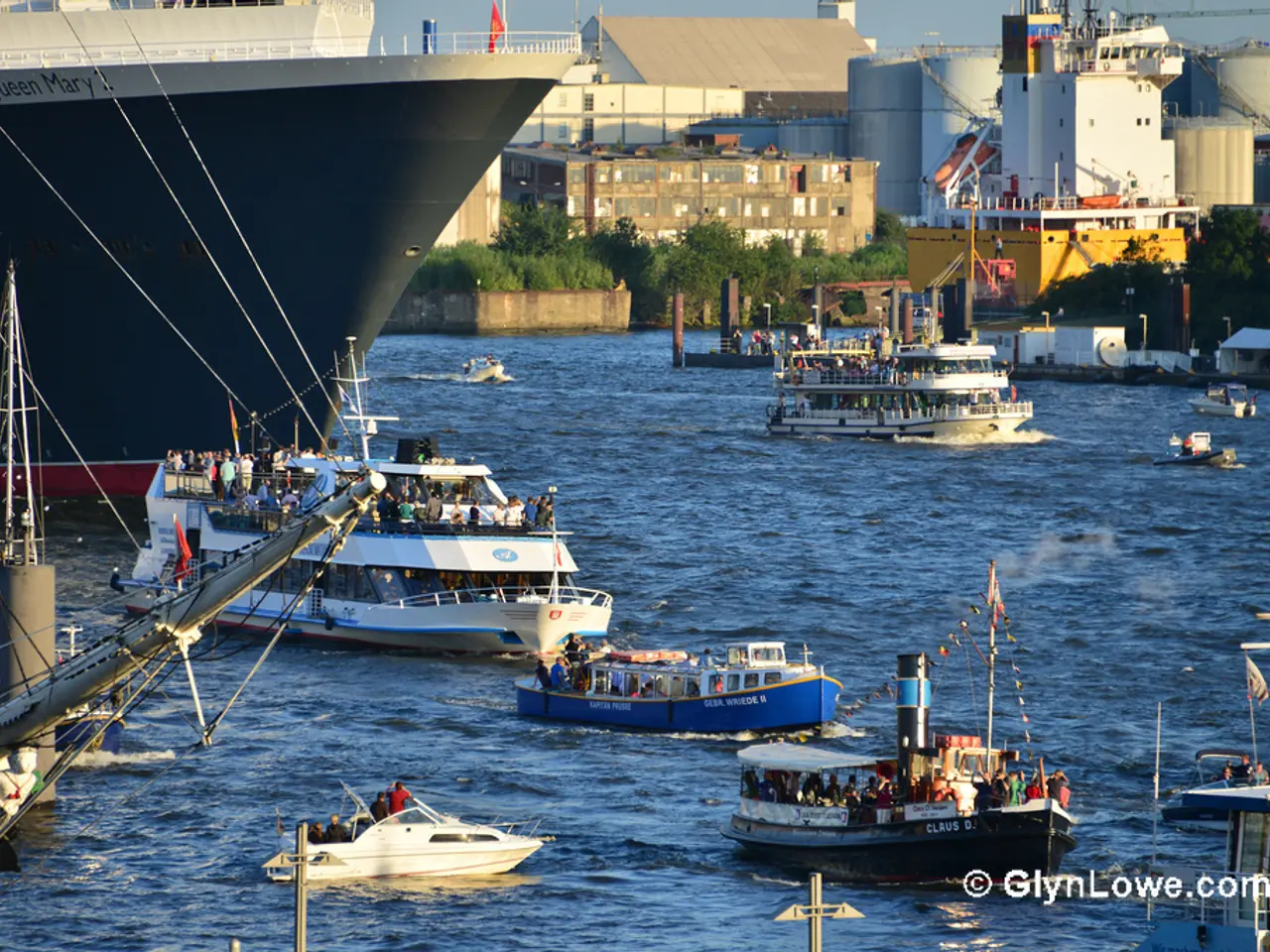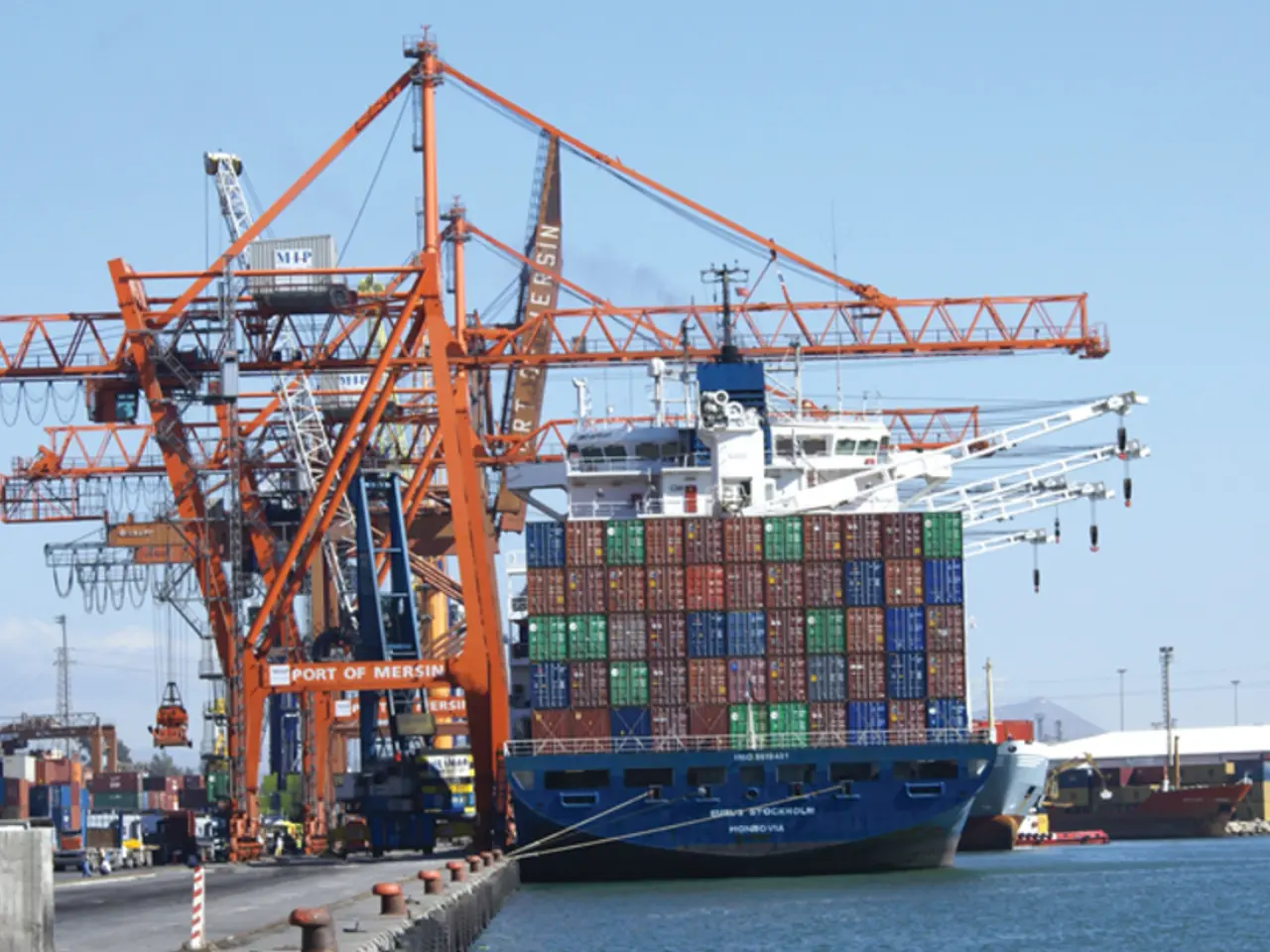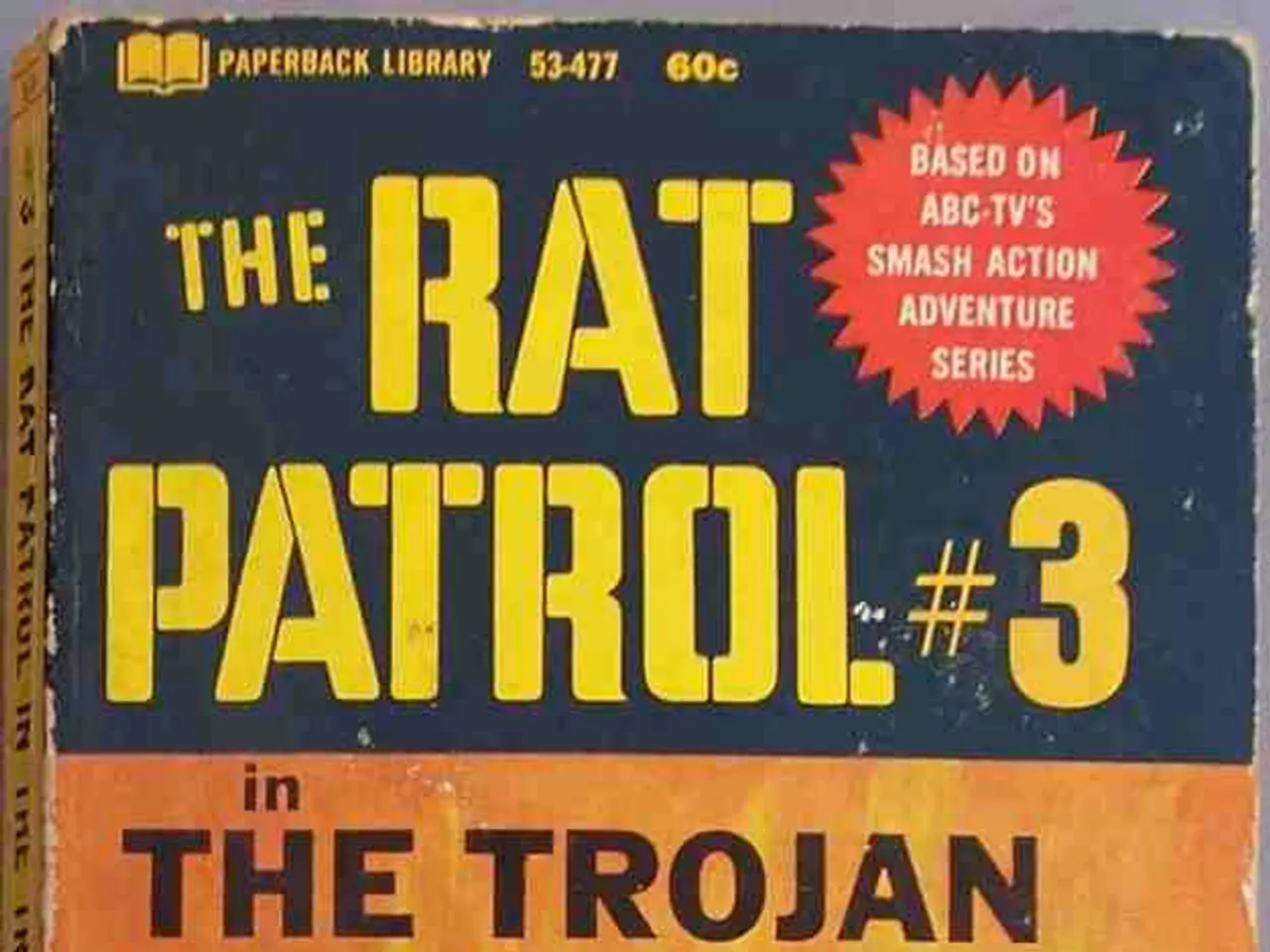Memorializes Thousands Slain by Atomic Bomb in Hiroshima
In a concerning development, the use of nuclear weapons is being considered as tools of pressure, according to UN Secretary-General António Guterres. This statement comes as Japan grapples with the prospect of acquiring nuclear weapons, a move that could reshape the Asian nuclear landscape.
The atomic bombings of Hiroshima and Nagasaki in 1945 serve as a stark reminder of the devastating consequences of nuclear war. The bomb dropped in Hiroshima instantly killed approximately 55,000 people, with an estimated 140,000 people dying by the end of the year. Tens of thousands of people in Hiroshima commemorated the victims of the atomic bomb attack 80 years ago, a poignant reminder of the horrors of war.
However, Japanese youth today know very little about the war beyond what they pick up from sensational manga comics, tear-jerking TV dramas, and films, or lurid internet content. The erosion of peace education programs in Japan is being criticized by some, particularly by those who want to convey the horrors of war, particularly those of Hiroshima and Nagasaki.
Prime Minister Shigeru Ishiba has reaffirmed that Japan adheres to the three principles of not producing, possessing, or allowing nuclear weapons on its soil. Yet, voices in Japan openly call for the country to acquire nuclear weapons. This debate is intensified by regional threats from Russia, China, and North Korea, prompting Japan to ramp up its military.
The Japanese organization Nihon Hidankyo, consisting of survivors of the atomic bombings of Hiroshima and Nagasaki, was awarded the Nobel Peace Prize last year. However, the impact of the eyewitness accounts and appeals against nuclear weapons from the remaining survivors, the "Hibakusha," is fading, even in Japan.
Experts observe a creeping decline in the longstanding pacifism rooted in Japanese society, based on the experience of Hiroshima and Nagasaki. This shift is marked by the call from Mayor Kazumi Matsui for the younger generation to continue the fight against nuclear weapons.
The current global stance on nuclear weapons is marked by increasing tension and fragmentation. Guterres has warned urgently about the heightened risk of nuclear conflict, emphasizing catastrophic humanitarian consequences and the need for disarmament and strengthened non-proliferation efforts.
Recent U.S. military strikes on Iranian nuclear facilities have destabilized global non-proliferation norms by signaling that nuclear-armed states might unilaterally attack nuclear programs. This could prompt other nations to pursue or strengthen nuclear arsenals out of security fears.
The impending expiration of the New START Treaty, which limits deployed warheads between the U.S. and Russia, raises concerns over a renewed arms race. There is currently no plan to renew this treaty, increasing uncertainty about strategic stability between the world’s two largest nuclear powers who collectively hold about 90% of all warheads.
Nobel laureates and disarmament advocates urge nuclear states to engage in crisis prevention dialogues, avoid weaponizing space, expand secure communication lines, and recommit to the Nuclear Non-Proliferation Treaty and related diplomatic frameworks. The Treaty on the Prohibition of Nuclear Weapons, ratified by 73 states as of mid-2025, represents a humanitarian-driven push against nuclear weapons, though major nuclear powers have largely not joined it.
The global nuclear order is strained by geopolitical rivalries, erosion of arms control, and diverging national interests—juxtaposed with urgent calls from international leaders and civil society to recommit to arms control, non-proliferation, and disarmament as means to prevent catastrophic nuclear conflict.
The Commission, considering the current global stance on nuclear weapons and the escalating nuclear rhetoric in certain regions, has also been consulted on the draft directive to address these issues and promote peaceful resolutions to conflicts, particularly in war-and-conflicts-ridden areas. This political development coincides with a concerning rise in interest in nuclear weapons among certain political circles in Japan, as evidenced by the debate about acquiring nuclear arms.
